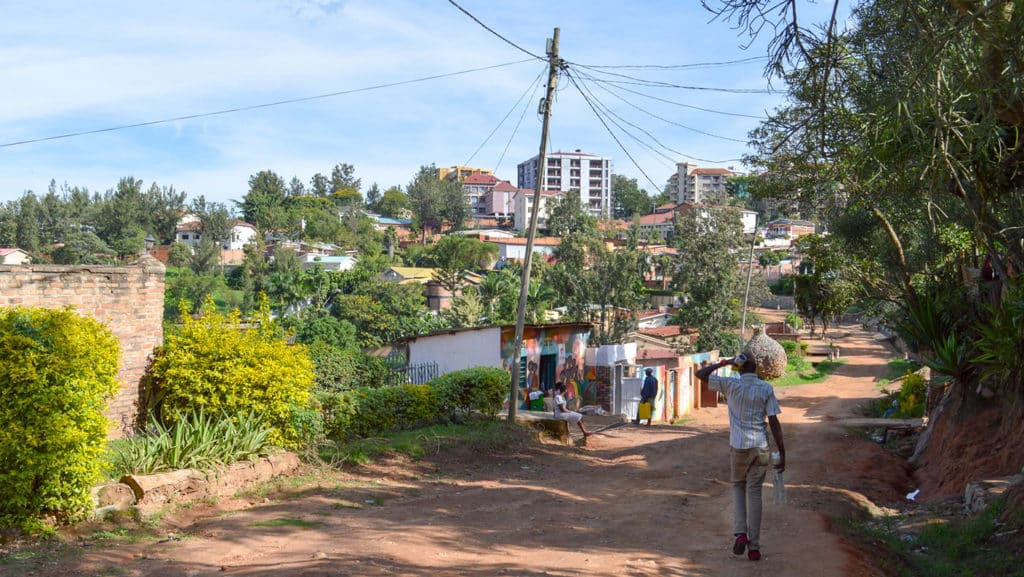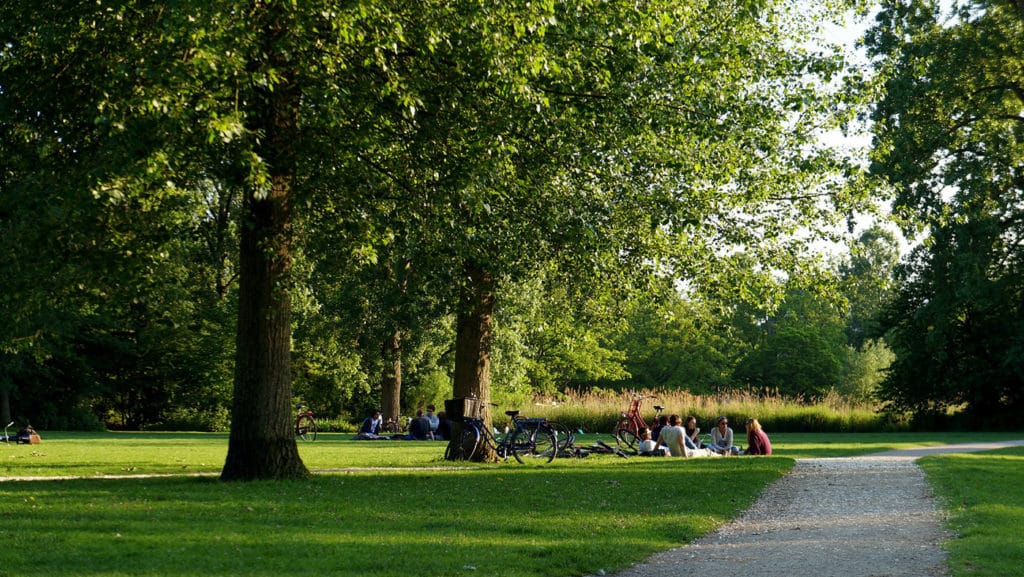Policies are instruments that provide guidelines and principles to shape the decisions, actions, and laws the city might adopt in the future to meet goals or objectives. (Salbitano et al, 2016)
Municipal policies that affect urban forests can be developed by and incorporated into many parts of city government, from parks and recreation departments to utilities departments. Policies can also outline the creation or management of urban forests directly. Even those intended to meet broader, city-wide objectives—such as increased resilience to climate change—may affect urban forests indirectly.
Policies may also negatively affect urban forests. For example, policies related to design of roads and sidewalks that fail to provide adequate space for roots or tree canopy may make it difficult for trees to thrive.
Finally, national or regional policies, such as those that guide urban expansion and development, may affect urban forests. For example, “Sponge City” guidelines and policies developed by China’s national government aim to create flood-resilient cities. (Chan et al, 2018) To accomplish this, it provides direction for urban planning, land use, and the design of urban green spaces, including those with trees. (Chan et al, 2018)
| Policy | Focus or Objective |
|---|---|
| Forest Conservation | Describes strategies for conservation, often applies to rural and wild land but can also encompass urban and peri-urban forests |
| Green Space | Targets protection and expansion of green areas |
| Agroforestry & urban agriculture | Encourages agroforestry and agriculture in urban and peri-urban areas |
| “Complete Streets” | Establishes streets and rights-of-ways as public spaces and places emphasis on improving conditions for all users (not just cars) and can include trees and vegetation for stormwater management and heat mitigation |
| Biodiversity | Sets goals for habitat conservation, connectivity of green space, and improved water and air quality |

